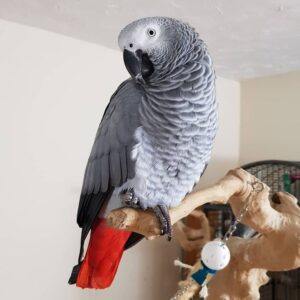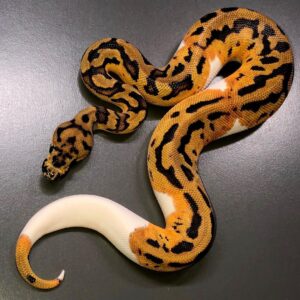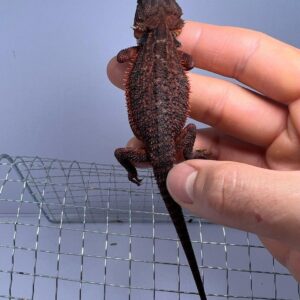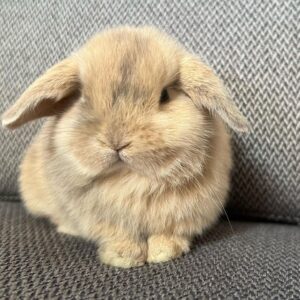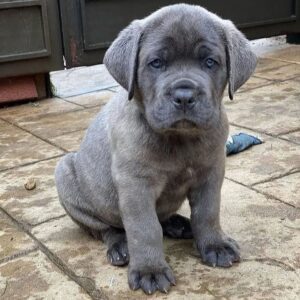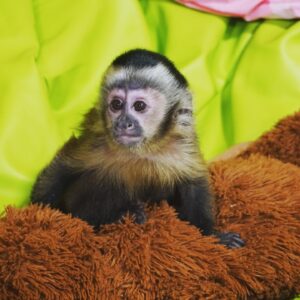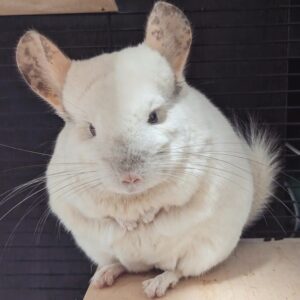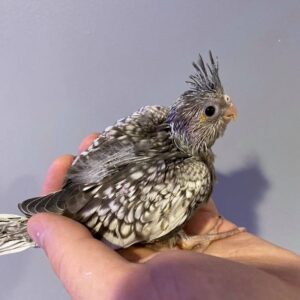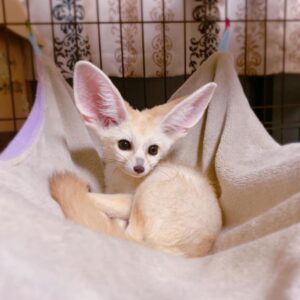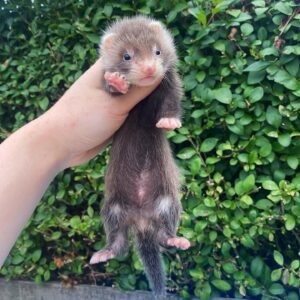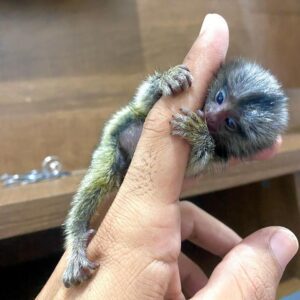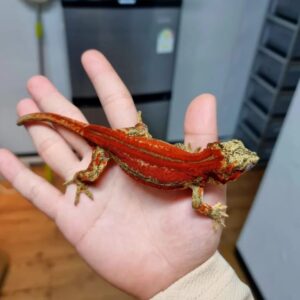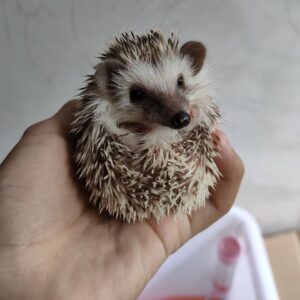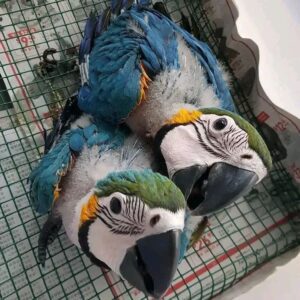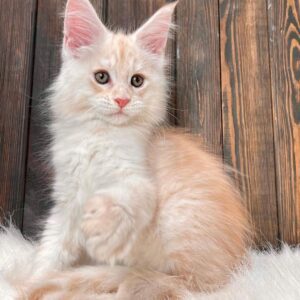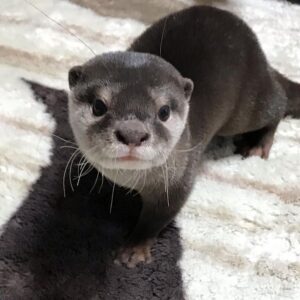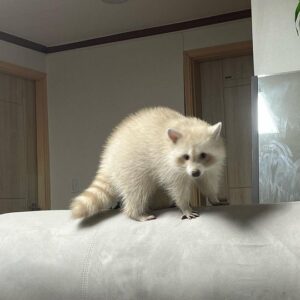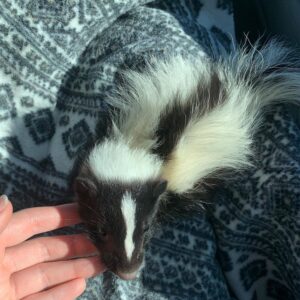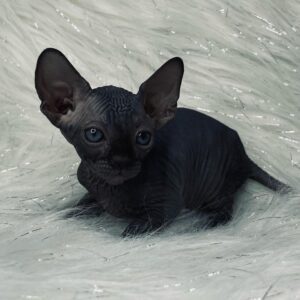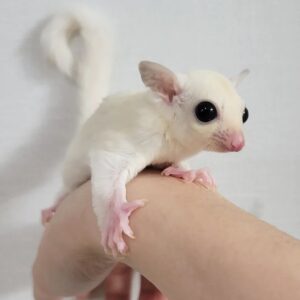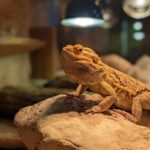
- 1 year health guarantee for all our exotic pets on sale
- [email protected]
Bearded dragons, fondly known as ‘beardies,’ are some of the most amazing pets. You may think that cats and dogs are pets that people are most fond of, but that’s not true.
Bearded dragons also serve as fantastic pets; most people love caring for them. Caring for these reptiles differs from caring for any other pet, like a cat or dog.
Whether you’re a new pet owner or want to brush up on the knowledge you have on bearded dragon care, here are a few tips for optimal care.
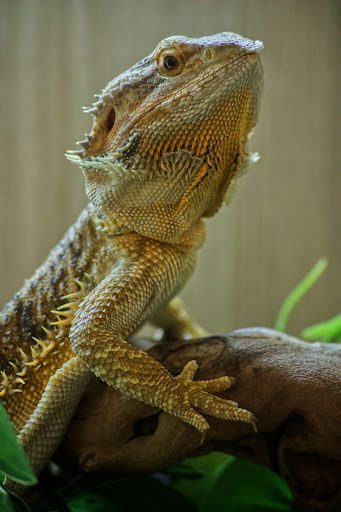
Bearded dragons are named appropriately due to having spiky, beard-like collars around their throats. They inflate these to intimidate their fellow beardies when they’re in love or stressed out.
These reptiles look similar to dinosaurs, with spiny scales and differently-colored and patterned skin.
Bearded dragons can grow up to a length of 24 inches. They come from Australia originally and can live even up to 10 years. They were introduced as pets to the US in around 1990.
Caring for a bearded dragon may require thinking differently than caring for an ordinary pet, such as a cat or dog. Here is a guideline on caring for your pet bearded dragon.
Bearded dragons are omnivores who eat animal protein and vegetables to fulfill their nutritional supplement.
Insects take up a significant portion of their diet, and as they mature, the size of the insects they take increases, as well as their grass intake.
You should feed your bearded dragon live insects, not freeze-dried ones. Ensure the insects are no bigger than the size between your bearded dragon’s eyes.
Insects should make up approximately 25% of your bearded dragon’s diet. Feed it various insects, including silkworms, hornworms, superworms, butterworms, waxworms, phoenixes, and grasshoppers.
You should also feed your bearded dragon vegetables and fruits, including carrots, leafy greens, squash, berries, melons, and other citrus fruits. You may also offer daily pellet food moistened in water to your bearded dragon.
Hatchlings eat two to three times per day, while adult beardies may eat every 24 to 48 hours, depending on their physical condition.
Your bearded dragon should have access to water anytime it wants. Keep it in a shallow basin, and ensure it’s refreshed daily.
A fully-grown bearded dragon requires a terrarium of 40 gallons in volume, which is equivalent to 36 inches in length, with a screen lid. Better yet, to have one that is 48 inches X 24 inches, as it would have enough space to exercise and run.
Use a reptile carpet or tile to line the bottom of the terrarium. Clean the space regularly and change bedding as required or at least once a month.
Bearded dragons require a reliable heat source and a cooler space to stay comfortable. You can use heat bulbs to create this environment for your pet.
These reptiles are very active during the day and sleep at night. You can use UVB light bulbs in its terrarium to mimic a 12-hour day and night cycle.
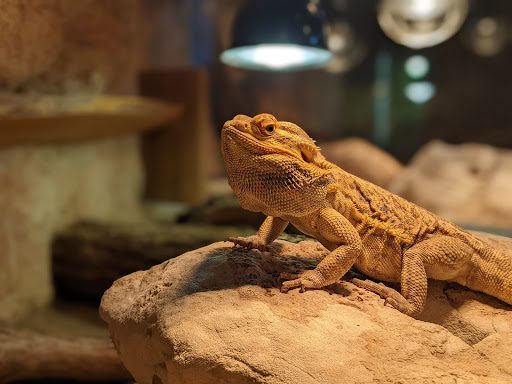
Bearded dragons don’t require to be taken to the vet regularly if you take proper care of them. It means managing their terrarium with the correct temperature and lighting and providing adequate nutrition via a healthy diet.
An annual checkup with the vet is sufficient to check teeth and physical condition and check for metabolic bone disease.
Following are some characteristics you can find in a healthy bearded dragon.
Like any other animal, bearded dragons are also prone to various diseases and infections, including the following:
You should also check signs like weight loss, sunken eyes, depression, and loss of appetite, which could indicate health issues. You must contact a vet if you identify these signs in your bearded dragon.
Keeping your bearded dragon’s living space is vital to ensure it stays clean and healthy. Clean the terrarium daily by removing bowel movements and old food.
You should give the place a deep clean once a week when your bearded dragon is not inside. Clean the carpets with a terrarium-safe cleaning solution every week.
Bearded dragons are very friendly, animated, and social animals, which is why they make good pets. They are gentle reptiles that are easy to train and very responsive to their owners.
They eat well and are okay with a varied diet that includes vegetables, fruits, and animal protein. Therefore, it’s not all that hard to find proper food to feed your pet beardie. They are affordable and easy to take care of.
Bearded dragons are the perfect size for people to have as pets. They are large enough to handle but small enough to fit in a person’s hand.

Annual physical examinations at the vet are mandatory for bearded dragons. You must take it to the vet if you notice any unusual signs, including the following:
Learning a bit about the place from where you are getting your bearded dragon is essential. You must find out how long they have been in this business and if they raise these reptiles themselves to know how much knowledge and experience they have on this subject.
Here are a few ways you can get bearded dragons as pets:
Here are some interesting facts about bearded dragons:
Bearded dragons are exciting reptiles to own and can be a joy to care for. Caring for these reptiles is not the same as caring for any ordinary pet like a cat or dog.
However, with dog training cost factors considered, it may be more accessible and affordable to have a bearded dragon as a pet.
Ensure bearded dragons get a balanced diet and that their living conditions are ideal with proper temperature and lighting.
It’s also essential to take your bearded dragon to the vet at least once a year and whenever you notice any abnormalities in its appearance or condition.
Bearded dragons like to feed on insects, including mealworms, earthworms, crickets, and leafy greens like turnips and dandelions.
A nice warm bath followed by cuddles in a soft towel is what calms bearded dragons.
You should not overstimulate your bearded dragon by handing them over to many people or getting them out of their comfort zone and taking them to busy or loud surroundings.
